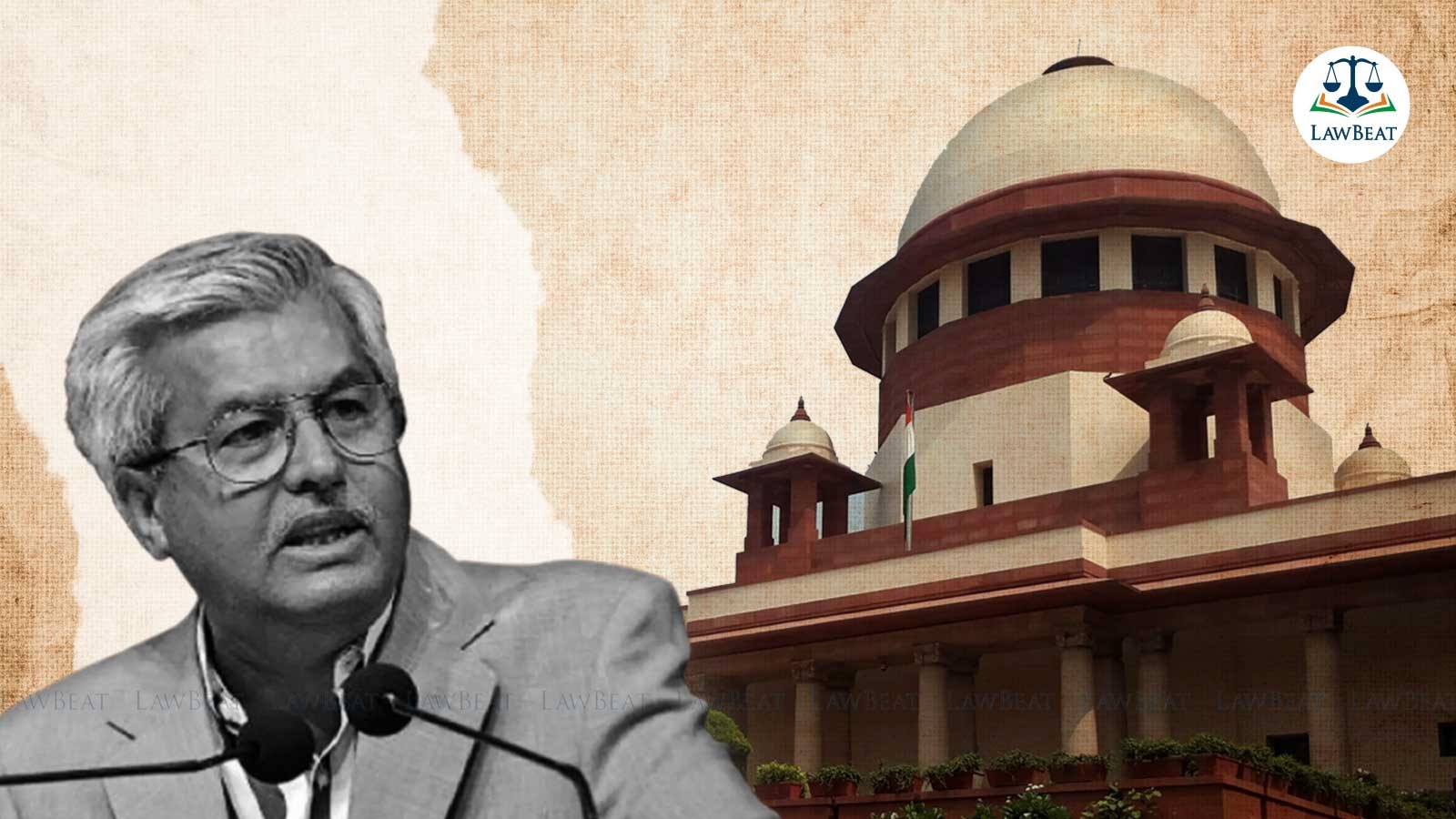BJP abrogated Article 370 only for votebank, Supreme Court told

"Jammu and Kashmir has always been an integral part of India..this narrative that because of Article 370 it was not a part, is completely incorrect..", petitioner submitted before court today.
The Supreme Court was told today Bhartiya Janta Party (BJP) abrogated Article 370 of the Constitution of India, granting special status to Jammu and Kashmir, only for votebank.
Senior Advocate Dushyant Dave further added that BJP in their manifesto said that they will work towards abrogating Article 370 even though the Supreme Court had clarified on multiple occasions that a party's manifesto will have to comply with constitutional values.
"...because they were in majority they went ahead with this.. only because they wanted to get votes..this was done completely for colorable intentions..", a CJI Chandrachud led bench was informed.
The senior counsel further submitted that constitution framers were very conscious to let the people of Jammu And Kashmir decide on their relationship with India and it was a travesty of justice that their right was taken away.
Referring to the counter filed by Union of India, a bench of Justices Kaul, Khanna, Kant and Gavai has been told that Ministry of Home Affairs called Article 370 to be impeding.
Hearing this, the CJI asked, "Are you inviting the court to review the wisdom of the government in repealing 370..are you asking us to judicially review if the decision was in national interest or not.. judicial review is there for constitutional violation..".
In response, Dave submitted there was no wisdom employed by the government as the President could only look at 370. "I am on fraud on the Constitution, that President is exercising a power without any justification whatsoever..", he added.
Timeline of petitioner's arguments:
Yesterday on Day 6 of hearing, Supreme Court was told Jammu and Kashmir lost its external sovereignty post the Instrument of Accession, but not internal sovereignty.
"On the status of the merger agreement, the Court said earlier that post the instrument of accession, sovereignty was surrendered absolutely. My submission on that is, external sovereignty was lost post the IoA, not internal.. please see the IoA that defines the extent of internal sovereignty, Article 370 was substitute to the merger agreement, without which we are lost...", Senior Advocate Rajeev Dhavan further told a five judge bench hearing pleas challenging abrogation of Article 370.
On Day 5 of the hearing, Senior Advocate Zafar Shah had told the Constitution Bench that the erstwhile state of Jammu and Kashmir had not entered into a merger agreement with Union of India like the other princely states, and therefore it had Constitutional autonomy.
On the nature of the abrogated provision, Shah added that if Article 370 was not wanted, it had to be seen if it was temporary or had it become permanent, because the machinery was not available to remove it.
On Day 4 of the hearing, Senior Advocate Gopal Subramanium had submitted that the Jammu & Kashmir Constitution and Indian Constitution spoke to each other and they are complimentary to each other.
".the two constitutions speak to each other through Article 370...The Article 370 was not a repository for untrampled power...it was a medium through which the India Constitution could be applied..and here lies the dual obligation, which has to be discovered in the words of S. 147 of J&K Constitution and Article 370 of the Indian Constitution..", the Supreme Court was told.
Senior Advocate Sibal had on Day 3 concluded his arguments before the Constitution Bench. He argued that the power under Article 3 of the Constitution does not extend to effacing the character of a State into a Union Territory.
Referring to the government's majority in the parliament, through which it passed The Jammu and Kashmir Reorganisation Bill, 2019, Sibal said, "This majoritarian culture cannot destroy the edifice of what our forefathers gave us..they cannot do what they like if they have a majority.."
On Day 2 of the hearing, dealing with the petitioners submission that the parliament could not have amended the Constitution to abrogate Article 370, CJI DY Chandrachud had questioned if a new category was being created apart from the basic structure that could not be amended.
Sibal had on Day 1 of hearing, told the Supreme Court that the central government abrogated through a political act Article 370 of the Constitution of India, which granted special status to the erstwhile state of Jammu and Kashmir.
"...the govt of the day is staring at this provision and according to me through a political act, not a constitutional procedure declare that it was to be tossed out of the window..such a political act cannot be done by the parliament, it cannot take such a decision..", Sibal had said.
Case Title: IN Re: ARTICLE 370 OF THE CONSTITUTION
